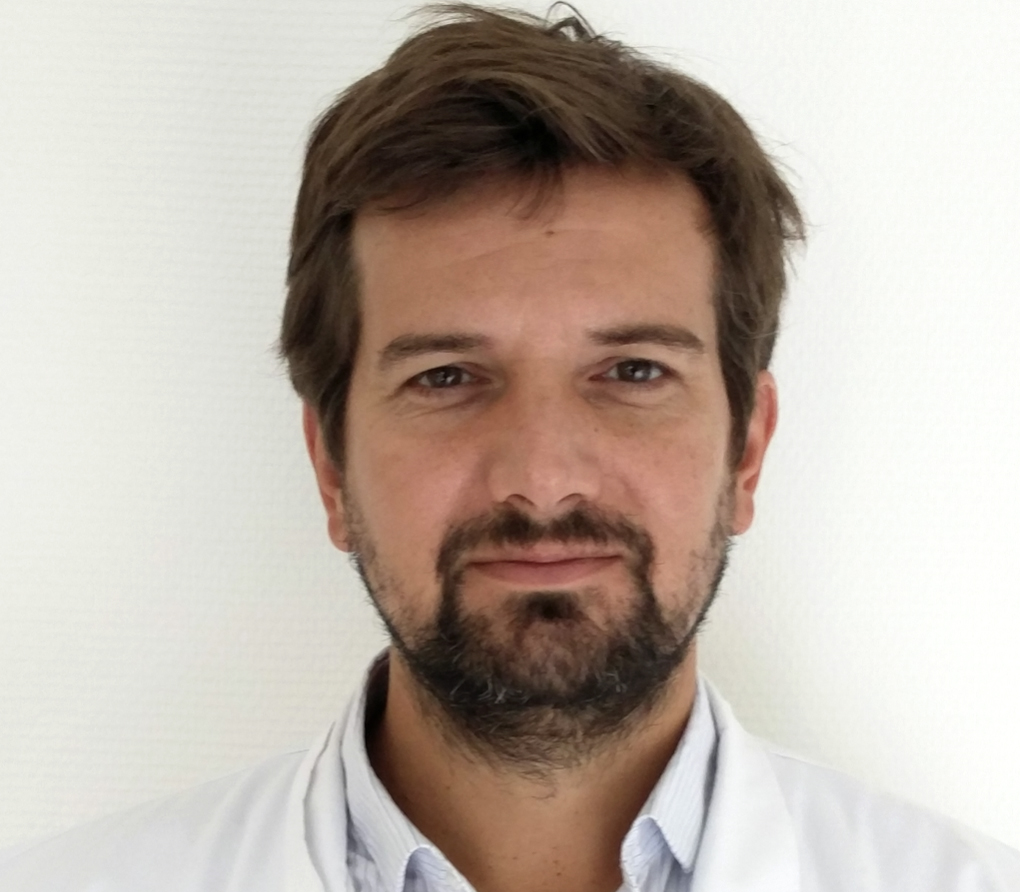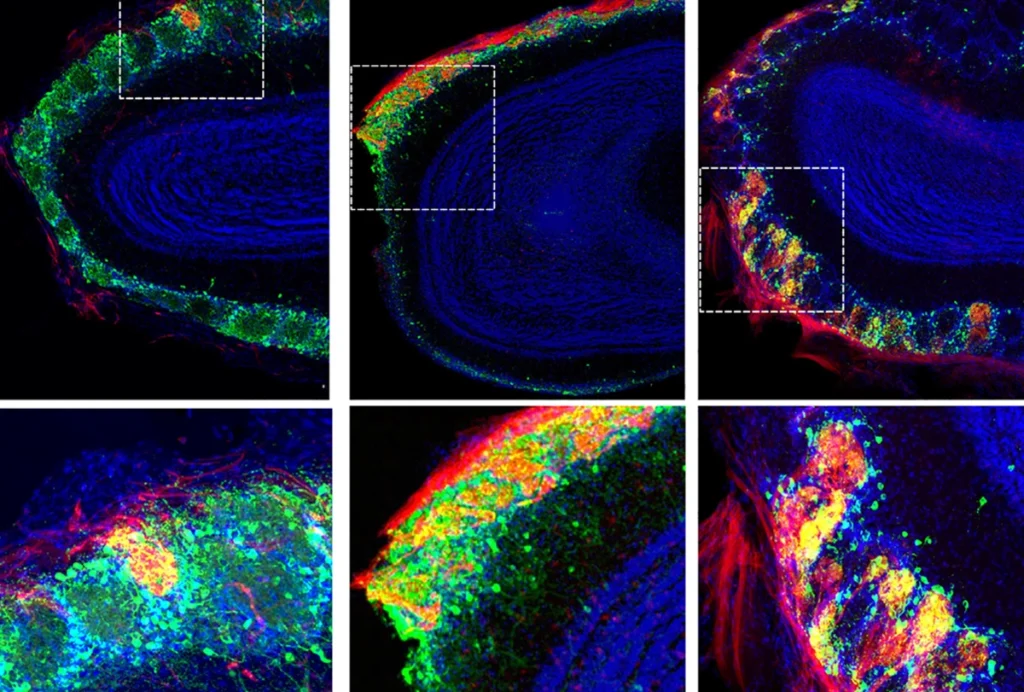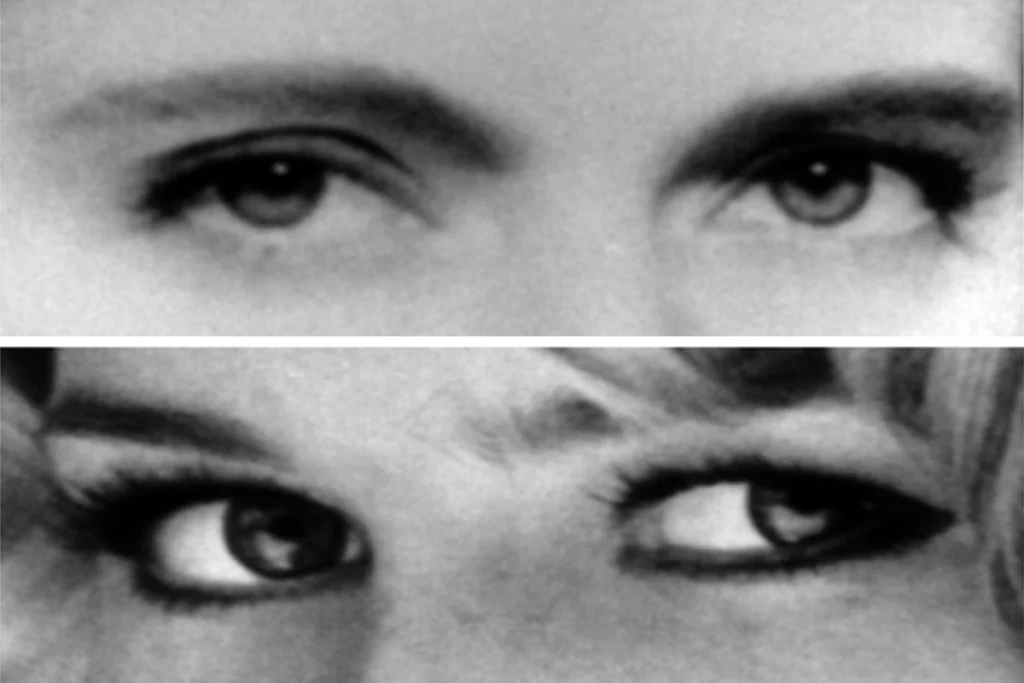Richard Delorme is head of the Center of Excellence for Autism Spectrum Disorders and Neurodevelopmental Disorders (InovAND) and head of the Department of Child and Adolescent Psychiatry at the Robert Debré Hospital, both in Paris, France. He has a broad background in child psychiatry and genetics, with expertise in the identification of biomarkers in rare diseases associated with autism. He is also a researcher at the Human Genetics and Cognitive Functions Laboratory at the Institut Pasteur, in Paris. In recent years, he has been involved in several research programs, brain imaging studies and IPSC-based drug screening technology. He is an author on more than 100 publications.

Richard Delorme
Head
Center of Excellence for Autism Spectrum Disorders and Neurodevelopmental Disorders
From this contributor
Coronavirus tool kit may aid families with autistic children during lockdown
To help families cope with the sudden loss of professional support during the pandemic, one team in France has created a set of resources and information.

Coronavirus tool kit may aid families with autistic children during lockdown
Explore more from The Transmitter
Rat neurons thrive in a mouse brain world, testing ‘nature versus nurture’
Neurons from the two rodents can wire up together to form functional circuits—all while maintaining some species-specific properties, two new studies show.

Rat neurons thrive in a mouse brain world, testing ‘nature versus nurture’
Neurons from the two rodents can wire up together to form functional circuits—all while maintaining some species-specific properties, two new studies show.
It’s past time to stop using the Reading the Mind in the Eyes Test
The widely used measure of “theory of mind” needs to be re-examined, along with the long-standing claim that autism is linked to a lack of this ability.

It’s past time to stop using the Reading the Mind in the Eyes Test
The widely used measure of “theory of mind” needs to be re-examined, along with the long-standing claim that autism is linked to a lack of this ability.
Robots boost data consistency in rodent studies reliant on mechanical, optogenetic stimulation
Two new devices take experimenter variation out of the equation, the lead investigators say.
Robots boost data consistency in rodent studies reliant on mechanical, optogenetic stimulation
Two new devices take experimenter variation out of the equation, the lead investigators say.